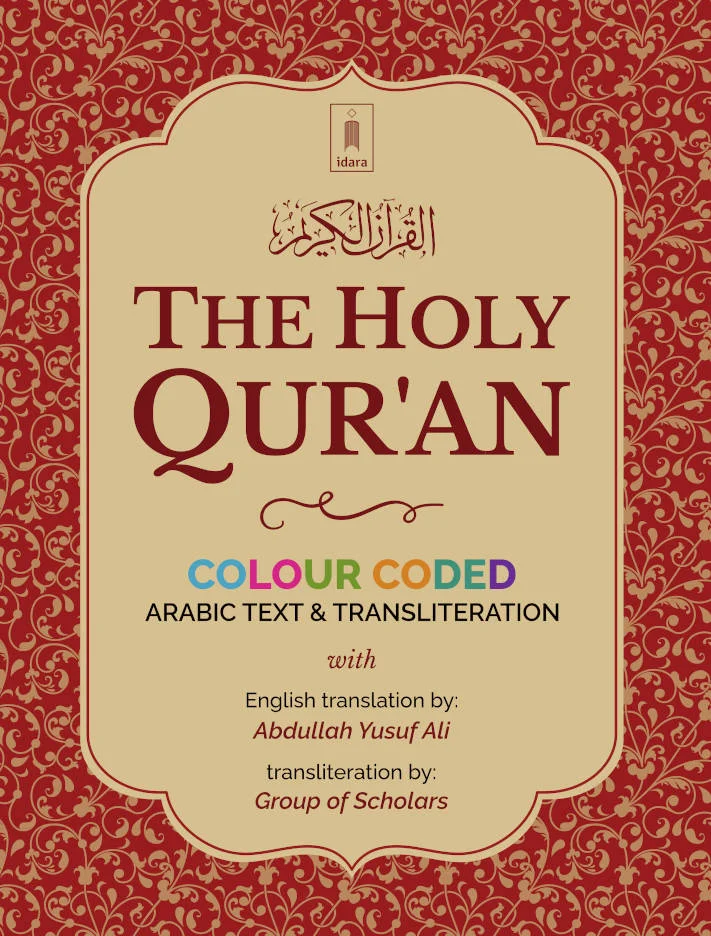From the earliest days of Islam, books have been at the center of preserving and transmitting knowledge. Islamic books are not just collections of paper and ink; they are vessels of history, faith, and guidance for generations. In today’s fast-paced world, when digital distractions are everywhere, reconnecting with authentic Islamic literature has become more important than ever.
The Timeless Value of Islamic Books
When we think of Islamic scholarship, our mind immediately goes to the Qur’an and Hadith. But the legacy of books in Islam extends far beyond. From volumes of Tafsir (exegesis of the Qur’an) to scholarly works on Fiqh (Islamic jurisprudence) and Seerah (biographies of the Prophet Muhammad, peace be upon him), Islamic books have preserved the traditions, rulings, and wisdom of scholars over 1,400 years. These books serve as intellectual treasures that keep the chain of knowledge alive.
Preserving Knowledge Through Generations
Islamic scholars dedicated their lives to writing and documenting authentic knowledge so future generations could benefit. Imam Bukhari’s Sahih al-Bukhari is a shining example of this. He spent 16 years compiling authentic Hadith and traveled thousands of miles in search of narrations. Without such efforts, much of the knowledge we rely on today could have been lost.
Books ensured accuracy. They preserved not just the teachings of the Qur’an and Sunnah but also intellectual debates, solutions to social challenges, and explanations for Muslims living across diverse cultures. At a time when oral traditions risked distortion, writing became the protection of faith.
Importance of Authentic Sources in Modern Times
Today, the internet is both a blessing and a challenge. While information is easily accessible, not all content is reliable or accurate. Many websites and publications may unintentionally distort Islamic teachings due to pseudonymous authors or cultural interpretations. This makes Islamic bookstores like Abdul Jabbar Book Seller extremely significant. By offering books only from trusted and authentic publishers, such platforms help readers safeguard their faith.
Authenticity is fundamental in Islam. Just as the Qur’an has been preserved word for word, the works around it must also reflect true scholarship. Books remain one of the safest ways to learn, because they come with references, citations, and scholarly credibility.
Connecting the Spiritual and Intellectual Life
Islamic books not only build knowledge but also nurture spirituality. Reading a Tafsir can deepen your connection with the Qur’an, while Seerah books allow you to walk in the footsteps of the Prophet Muhammad (peace be upon him). Similarly, Fiqh guides Muslims in understanding practical aspects of daily life, from prayer to ethical conduct in business.
A library stocked with Islamic books becomes a source of daily reflection and inspiration. Unlike digital media consumed hastily, books encourage contemplation and allow ideas to settle deeply in the heart.
Accessibility in the Digital Era
The modern age has revived book culture through online platforms. Islamic bookstores like Abdul Jabbar Book Seller provide nationwide access, removing barriers of availability. A student in a small town who once had no access to authentic Hadith volumes can now order them online with ease. By digitizing catalogues and offering free delivery, the chain of preserving knowledge continues in a new, accessible format.
Conclusion
Islamic books will always remain more than just reading material; they are carriers of faith, philosophy, identity, and guidance. In a time of overwhelming misinformation, turning back to authentic Islamic texts is the best way to fortify belief. Services like Abdul Jabbar Book Seller are part of this noble effort to ensure every Muslim can access books that guide, enlighten, and preserve the Islamic way of life.


